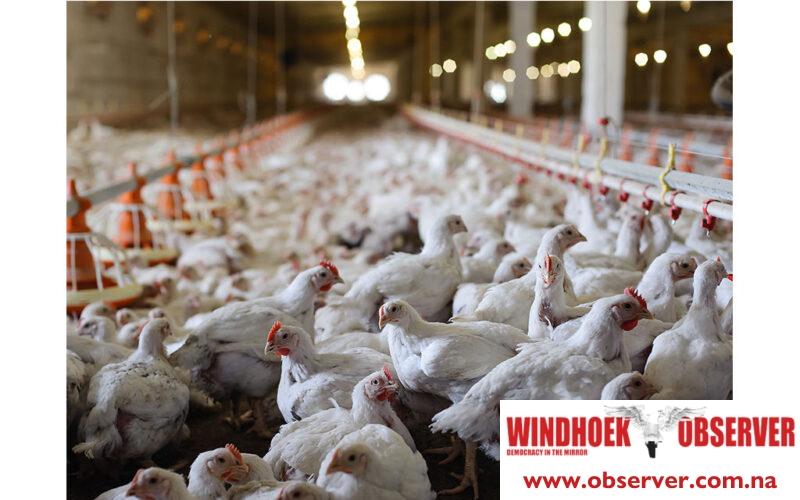Niël Terblanché
While Namibia is still in the grip of a severe drought, the success rate of small-scale farming projects to build resilience and improve food security for vulnerable communities is under evaluation.
The implementation of these projects were done in collaboration with donors which demonstrates the vital role of international partnerships in achieving sustainable agricultural development in rural areas.
According to a statement released by the Food and Agriculture Organisation of the United Nations (FAO), these projects, funded by the Government of Japan, aim to strengthen the livelihoods of vulnerable communities affected by climate change, particularly drought.
In this regard, a high-level delegation from the FAO and the Embassy of Japan in Namibia recently visited several of these new small-scale farming projects in the Ohangwena region.
The visit, led by Ambassador Hisao Nishimaki, marked the conclusion of the FAO’s Emergency Response to Mitigate Multiple Shocks and Enhance Resilient Livelihoods in Namibia project.
With a total investment of approximately N$22 million, the initiative was implemented in the Ohangwena, Kavango West, Zambezi, and //Kharas regions.
The project’s focus has been on providing material support and training to small-scale farmers, thereby improving food security and helping these communities adapt to climate-related challenges.
According to the statement, one of the main stops during the visit was at the Onhanadi Poultry Farm in Endola Constituency, owned by local farmer Immanuel Shitwomunhu.
Initially starting with fewer than ten chickens, Shitwomunhu has now expanded his farm to house more than a 1 000 chickens, producing both table eggs and ready-to-slaughter birds.
Support from the FAO, including the provision of layer cages and a chicken plucker machine, has significantly boosted the farm’s efficiency.
“Before receiving the chicken plucker machine, it took us 3-4 days to manually pluck 500 birds, but now it only takes a few hours,” Shitwomunhu told the visiting delegation while at the same time, expressing his gratitude for the assistance.
The delegation also visited the Limbandungila Pig Farm in Ondobe village, owned by Reverend Fillipus Haulofu.
Through the project, Haulofu received pig feed and shading materials, improving the living conditions for his livestock.
Haulofu told the delegation about his experience with the ongoing challenges of securing sufficient feed for his pigs.
The final stop was at 26-year-old Shangelao Hauwanga’s horticulture project in Oshamono village.
Having dropped out of university due to financial difficulties, Hauwanga turned to farming to support her family.
Her success as a youth farmer is a testament to FAO’s broader efforts to empower local youth and unemployed individuals through agricultural activities.
“My friends thought I was crazy when I started the garden, but now they see that I am progressing well in life,” she told the delegation.
She added that she hopes to inspire others to pursue farming as a viable livelihood.
During the visit, Ambassador Nishimaki praised the determination of these farmers, acknowledging FAO’s vital role in uplifting rural communities.
“I am very impressed with the dedication of these farmers to improve their lives despite the challenges they face. FAO’s work to ensure no one is left behind is evident, especially given the diversity of beneficiaries and the remote areas they serve,” he said.
The FAO’s National Project Coordinator, Gift Kamupingene, echoed this sentiment, thanking the Government of Japan for its continued support.
“In the face of growing climate challenges, particularly drought, FAO remains committed to building resilient livelihoods in Namibia,” Kamupingene said.
In collaboration with the Ministry of Agriculture, Water, and Land Reform, FAO implemented various climate resilience-building projects between 2022 and 2023, amounting to approximately N$25 million.
The FAO recently received an additional N$13 million to expand its efforts to strengthen the capacity of small-scale farmers in the Ohangwena, Kavango East, and Kavango West regions between 2024 and 2025.




